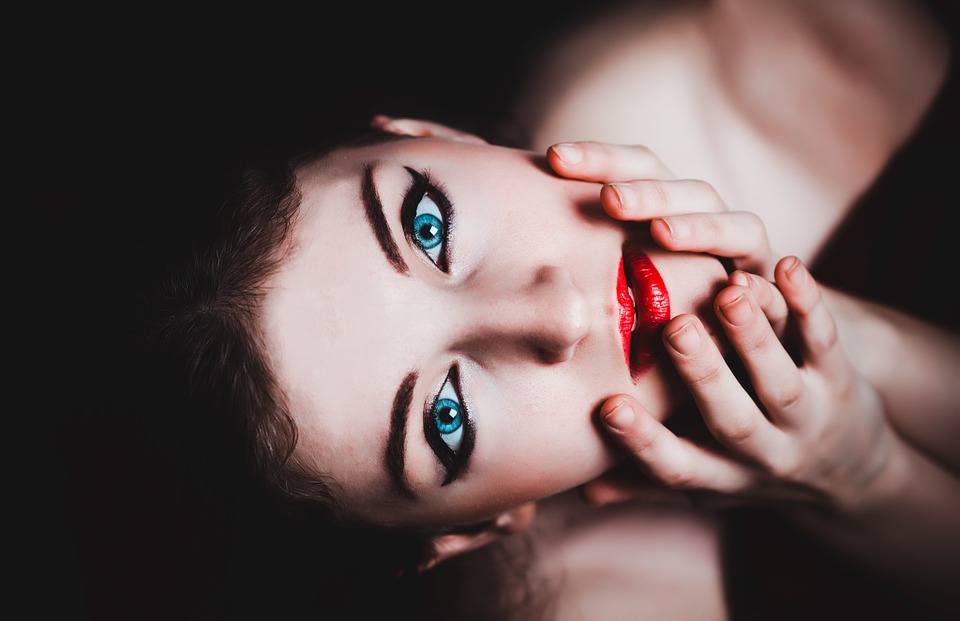One of the most controversial issues surrounding beauty pageants is engaging children, especially young girls to take part in such activities. America, alone has, around, 3 million children, maximum young girls aged between 6 months to 16 years taking part in beauty pageants. An aggressive debate ensues with some supporting children to be a part of beauty pageants and many others negating this kind of exposure to children.
Those who are not in favour of young girls to be a part of beauty contests maintain that such events promote child abuse. Young girls have to go through excessive beauty treatments like tanning, waxing and other cosmetic treatments which may help to enhance their looks. Such treatments may be painful and irritating for the soft and sensitive skin of young girls. Invariably, the mother is responsible for grooming the child. There have been several incidents of children who have faced irritations and expressed their discomfort in the application of a series of makeup items so as to looking beautiful (Phang).
Nowadays, beauty pageants have increasingly become a marketing tool and are aimed for promotional activities which can garner money by showcasing glamour and glitz. Keeping this in mind, most beauty pageants permit excessive use of make-up, competition and sexuality, which adversely impacts young girls. Moreover, organizers of beauty pageants have the sole idea of garnering increased profits and do not care for the feelings of the small children. This especially impacts the girl child, as most beauty contents have a bevy of female participants as compared with males. Experts argue that there is an urgent need to establish stringent guidelines to help protecting the rights of the participants and ensure that they are not exploited (Healy).
Girls, as young as eleven months, take part in beauty pageants and it is the sole decision of their parents to make them participate in these pageants. These girls are very small and do not have the opportunity to cast their vote or voice their opinion and hence are easily targeted to take part in child beauty pageants. Many of them end up as victims or pawns of child abuse as they are thrust into this arena of outside beauty at a very young age. Sometimes, they find it difficult to deal with manipulative adults and participating in such pageants often corrodes their innocent minds. Another harmful cause of participating in beauty pageants is that, some girls discontinue studies in order to keep on participating in such pageants and begin their career as a model. Also, modelling and the world of beauty pageants have a very small shelf life, especially for girls, and after a certain age may lead to the emergence of certain psychological disorders (Giroux).
The above represent the regressive idea to portray beauty and femininity and instead fashion the highly vulnerable identities of the girl child. The beauty pageants have become a platform for selling outer beauty rather than shaping and developing the personality of the girl child. In fact, the young girl may be eyed as a potential target by psychopaths and freaks. Also beauty pageants are criticized as they mainly aim to physically transform a young girl to look beautiful and attractive. From the feminist point of view, beauty pageants are criticized as they are unable to develop and sustain the ideal feminine explanation (Banet-Weiser & Portwood-Stacer).
Such beauty pageants do not have any formulated rules and regulations and this is one of the main reasons for these pageants to adversely impact young girls. As showcased, not all beauty pageants help in enhancing the confidence, bettering the personality and shaping young girls. In fact, a complete lack of regulations implies that such pageants function according to the discretion of organizers (Healy).
Works Cited
Banet-Weiser, Sarah, and Laura Portwood-Stacer. “I Just Want to Be Me Again!: Beauty Pageants, Reality Television and Post-Feminism.” Feminist Theory, vol. 7, no. 2, 2006, pp. 255–272., doi:10.1177/1464700106064423.
Giroux, Henry A. “Nymphet Fantasies: Child Beauty Pageants and the Politics of Innocence.” Social Text, no. 57, 1998, p. 31., doi:10.2307/466880.
Healy, Michelle. “Could Child Beauty Pageants Be Banned in the USA?” USA Today, Gannett Satellite Information Network, 25 Sept. 2013, www.usatoday.com/story/news/nation/2013/09/22/beauty-pageants-children–ban/2842431/.
Phang, Yii-Huei. “Child Beauty Pageants: Why Should We Condone Them?” The Huffington Post, TheHuffingtonPost.com, 30 Oct. 2013, www.huffingtonpost.com/yiihuei-phang/child-beauty-pageants-why_b_3839723.html.

Leave a Reply